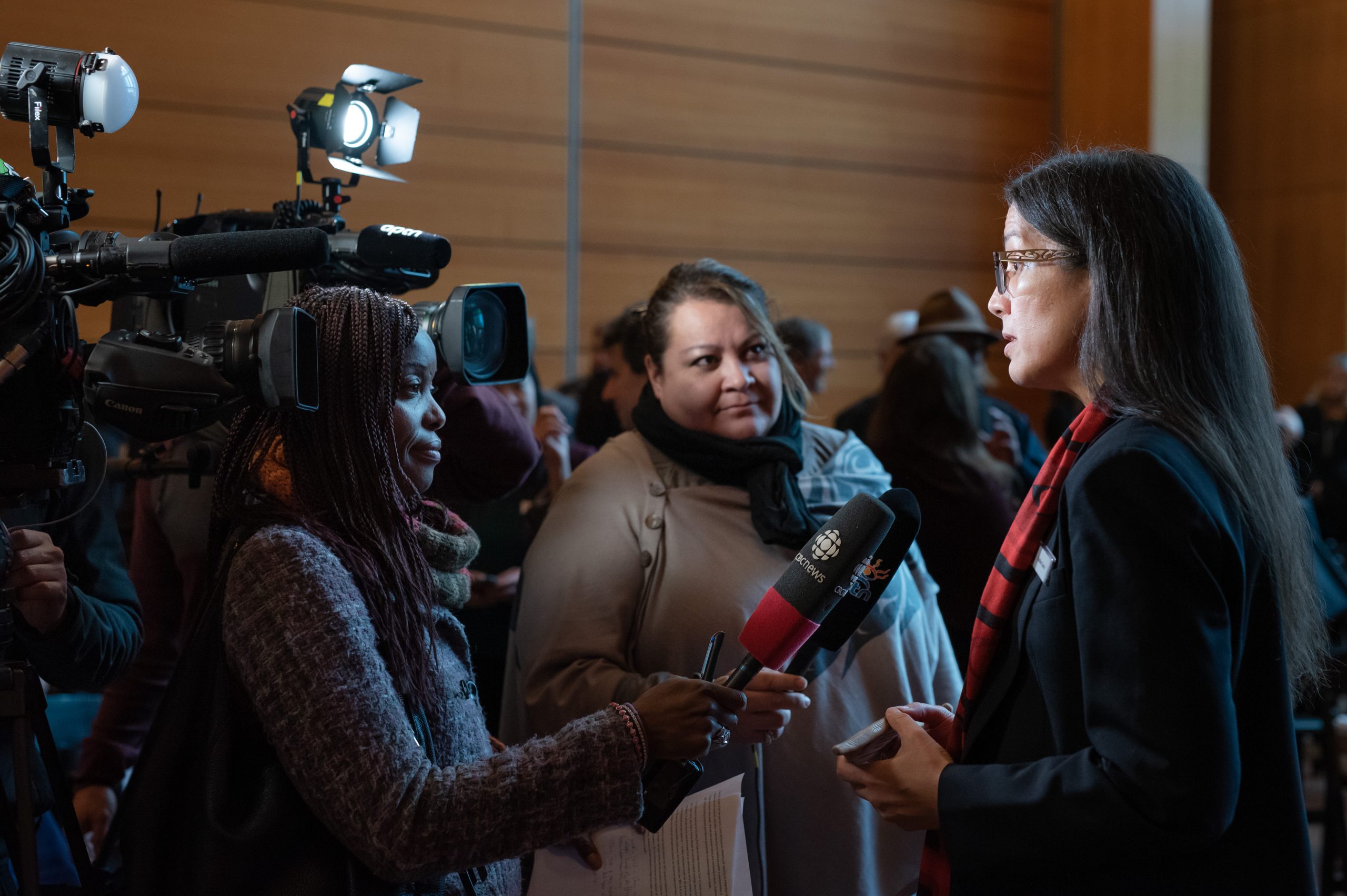
Studying on Campus
Written by Toryn Daniels | April 11th, 2024
As an Indigenous student enrolled at UBC, there are many resources you have access to, ranging from free student lunches, counseling as well as tutoring. Here I will be sharing five resources that Indigenous students have access to.
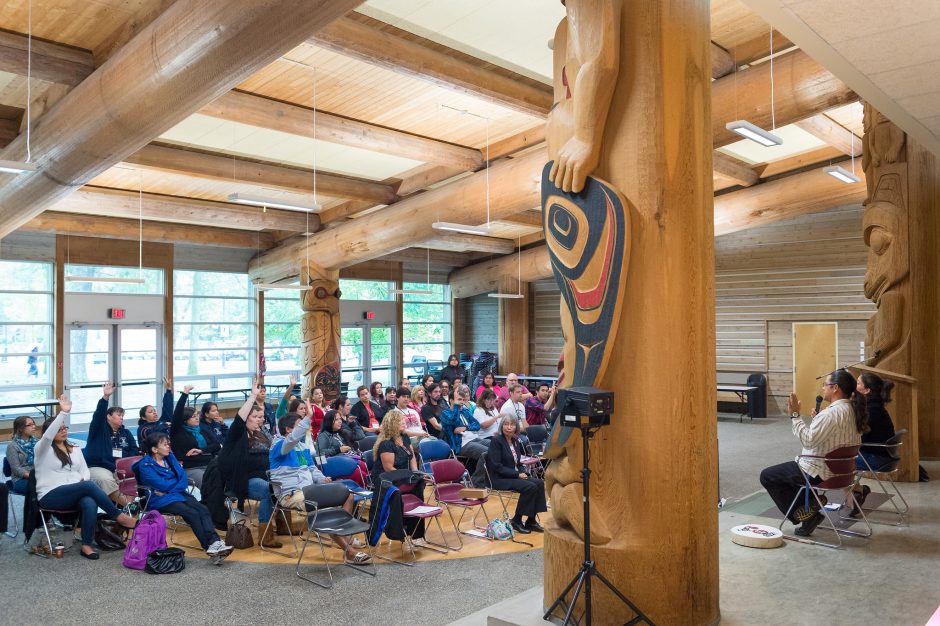
- Indigenous Student Lunch
- Indigenous students lunch takes place at the UBC Longhouse in the Sty-Wet-Tan hall (Great Hall), every Tuesday during the academic year winter session. This lunch is open to all self-identifying Indigenous students enrolled at UBC from 12-2pm. The lunch opens with a warm welcome from Musqueam elder Larry Grant, followed by a small presentation of the group of people(s) who are sponsoring the lunch. Next, lunch will be served, which the meal changes from week to week with the sponsor group choosing what will be served.
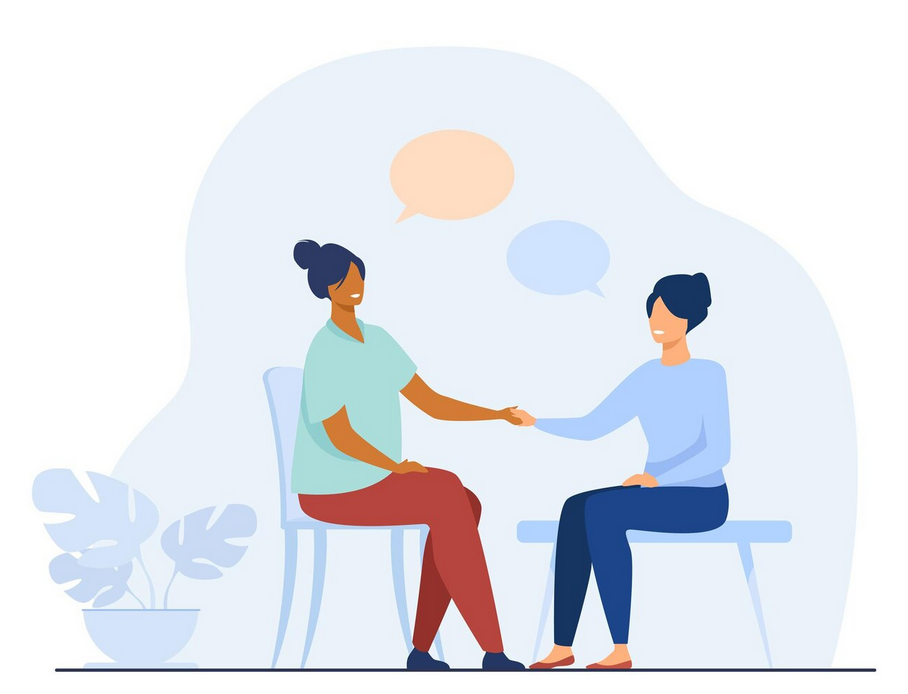
- UBC Counseling Services
- As an Indigenous student you also have a lot of choices when seeking professional and culturally relevant counseling support while going about your studies at UBC. UBC has highly trained counselors including Indigenous counselors on staff, and other staff with special training and backgrounds. You can access this through UBC Counseling Services online or you may reach out at 604-822-3811.
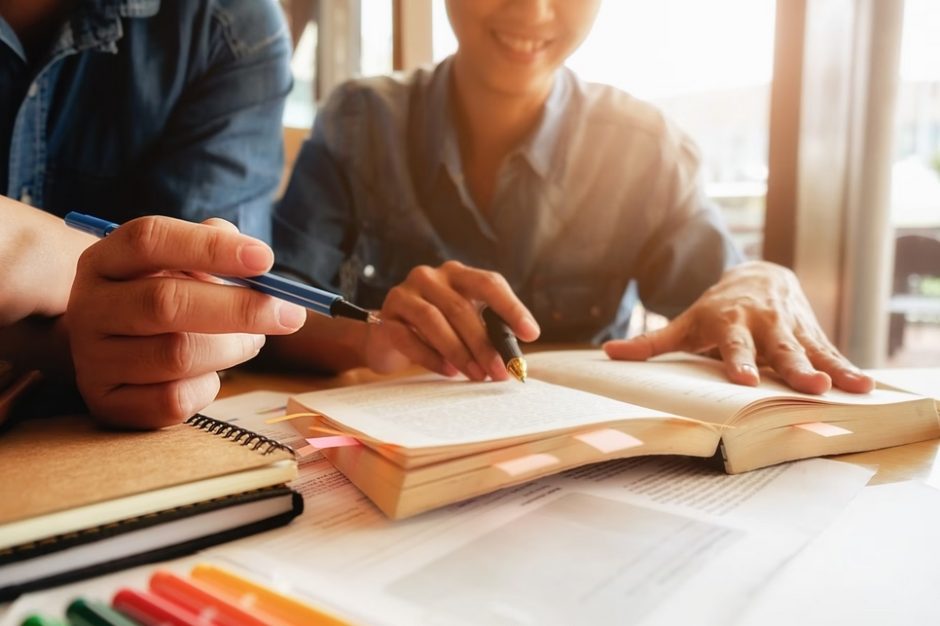
- Tutoring
- If you are a student taking one or more science or math courses you are eligible for subsidized tutoring. There is also Tutoring at the longhouse, this is available weekly via drop-in group tutoring sessions. The longhouse tutoring includes biology, chemistry (1st year), economics, math, physics, and statistics. You may also have access to writing consultations as well.
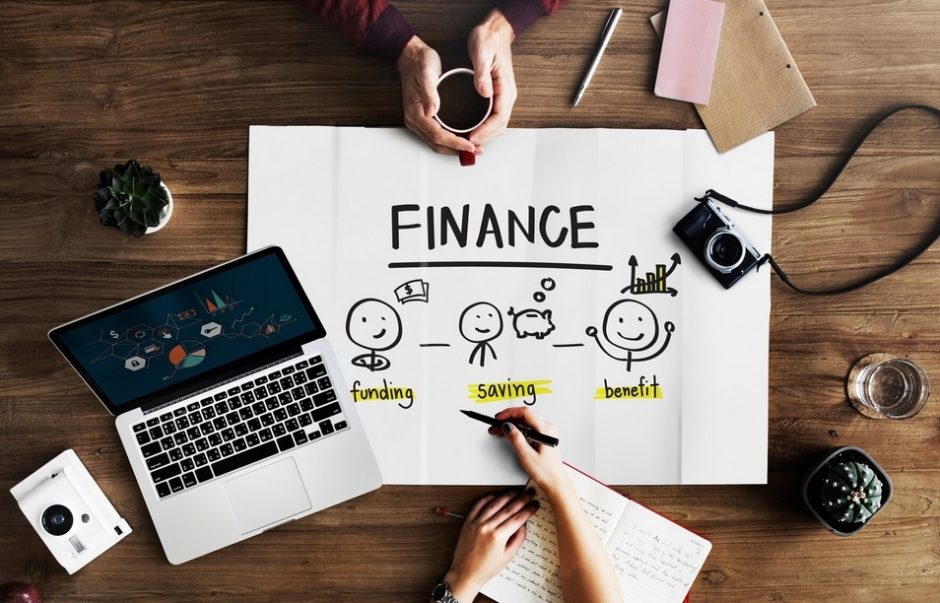
- Financial planning and advising
- Students at UBC have the option of looking into financial planning and advising resources to help make a financial plan for the school year which is very helpful and may ease your stress. You can also reach out and ask them about scholarships and bursaries which they may help with whether that be UBC associated or an external scholarship and/or bursary.
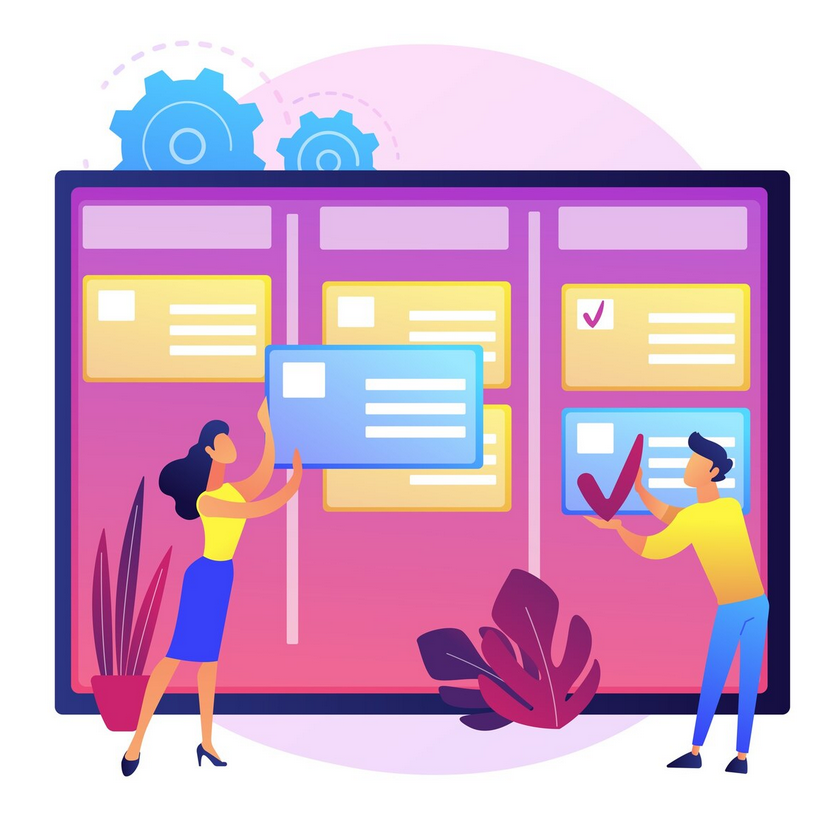
- Program Advising
- Program advising can be very useful when it comes to finding and navigating your degree through UBC. There are advisors in every faculty, school and departments whom you can contact and go through and plan your courses to make sure you are on track and meeting program requirements to help set you up for success. Having a plan for your journey through your program can take a whole lot of stress off your shoulders when thinking about future semesters.
Wellness Resources
Engaging with Indian Residential School histories and legacies can lead to emotional reactions and (unexpectedly) difficult thoughts and feelings. Sometimes these can surface hours, days, or weeks later. This is perfectly normal. If you find yourself feeling overwhelmed, it is important to respect your needs and to be kind to yourself.
Indian Residential School Survivors Society Toll-Free Line 1 (800) 721-0066
24-Hour National Crisis Line 1 (866) 925-4419
KUU-US Crisis Line 1 (800) 588-8717
Tsow-Tun-Le Lum 1 (866) 925-4419
Indigenous Wellness Program (604) 675-2551 or 1 (866) 884-0888
Canadian Mental Health Association1 (800) 555-8222
HeretoHelp 1 (800) 661-2121
First Nations Health Authority – Mental Health Benefit
Métis Nation BC – Mental Health Services
Kids Help Phone1 (800) 668-6868
Crisis Services Canada 1 (833) 456-4566 or text 45645
First Nations & Inuit Hope for Wellness Help Line 1 (855) 242-3310
Interested in staying up to to date to CEIH news? Sign up for our newsletter here